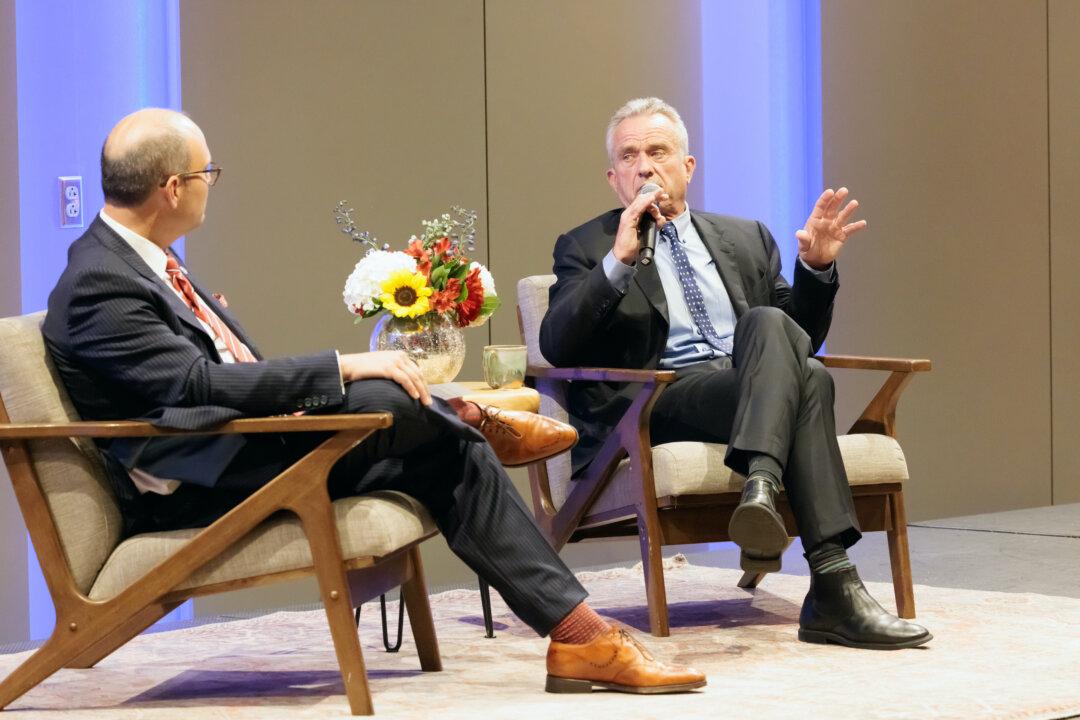JACKSON, Miss.—At the Mississippi Civil Rights Museum on Oct. 2, Robert F. Kennedy Jr. spoke of the nation’s old wounds—and new—while addressing his determination to move the country forward if elected president.
“Every nation, like every individual, has a darker side or a lighter side, and the easiest thing for a politician to do is to appeal to our anger, to our greed, to our darker angels, to our self-interest,” Mr. Kennedy said.





